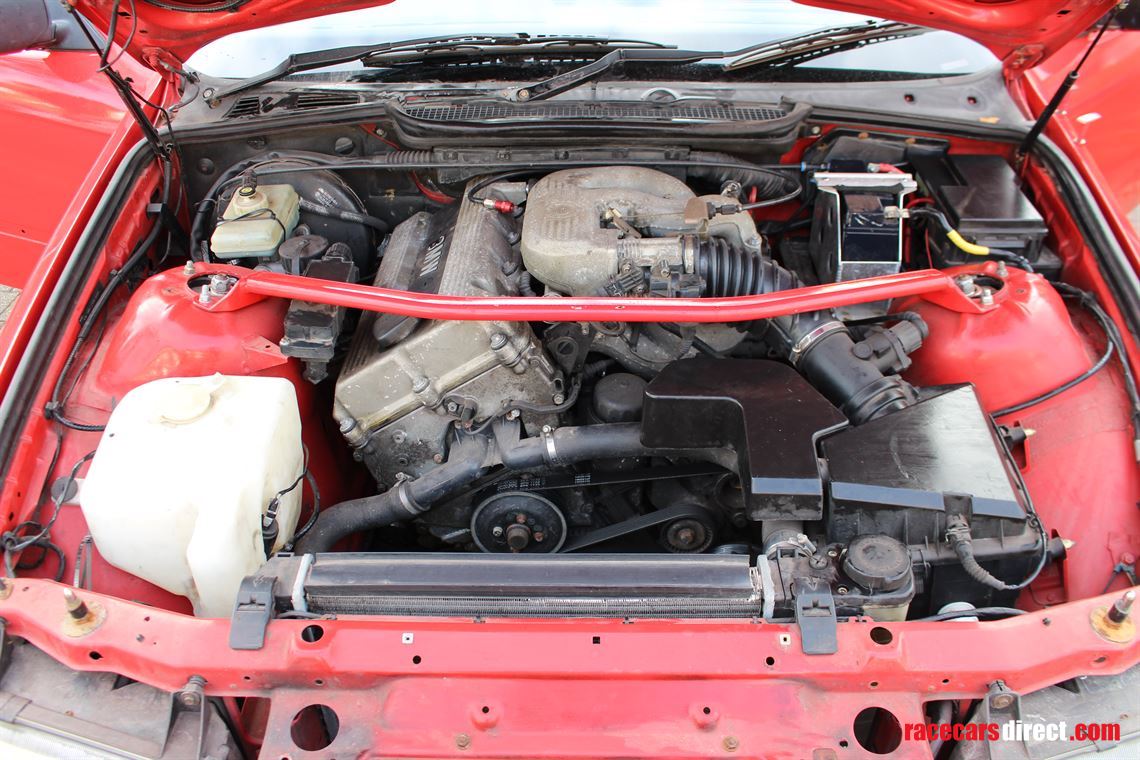BMW 318ti: Performance Specs and Features Explained
BMW 318ti: Performance Specs and Features Explained
Blog Article
Key Features to Search For When Acquiring an Engine for Automotive Applications
When considering the acquisition of an engine for automobile applications, numerous key functions warrant cautious analysis to guarantee optimum performance and performance. From power and efficiency capabilities to fuel toughness, performance, and adherence to emissions requirements, each element plays a critical role in identifying the engine's viability for certain auto needs.
Power and Performance
When selecting a vehicle engine, purchasers focus on power and efficiency to make sure optimum driving experience and performance. The power result of an engine, often measured in horsepower (HP) or kilowatts (kW), determines the velocity, full throttle, and general abilities of an automobile. Greater power scores normally lead to quicker acceleration and much better performance, especially during surpassing or lugging hefty tons. Efficiency, on the other hand, encompasses a broader spectrum of features, consisting of gas effectiveness, discharges, reliability, and overall driving characteristics. A well-performing engine not just supplies power effectively however also runs efficiently throughout different speed arrays and driving problems.
Additionally, aspects such as engine hybrid, turbocharging, and displacement innovations play substantial roles in improving both power and efficiency degrees. Inevitably, selecting an engine that provides a powerful mix of power and efficiency ensures a effective and enjoyable driving experience.
Gas Efficiency
Maximizing fuel performance is a vital consideration for customers when evaluating auto engine options. The efficiency of an engine straight influences operating expense and ecological footprint. One crucial factor influencing gas efficiency is the engine's style and modern technology. Modern engines with features like straight gas injection, turbocharging, and variable shutoff timing can significantly improve gas efficiency by enhancing burning processes and minimizing power loss. Additionally, the general weight of the engine and lorry, as well as the aerodynamics, play vital duties in identifying gas consumption.

Longevity and Integrity
Achieving lasting efficiency and reputable procedure is necessary for consumers reviewing the durability and integrity of automobile engines. When taking into consideration an engine for automobile applications, durability refers to the engine's capacity to endure wear, anxiety, and harsh operating conditions over an extensive period. Dependability, on the various other hand, implies that the engine can regularly execute its desired function without unforeseen failures or failures.
Consumers must seek engines constructed with premium products and specific engineering to guarantee durability. Elements such as pistons, bearings, and crankshafts must be sturdy to take care of the engine's power output without premature wear. Additionally, engines geared up with sophisticated air conditioning systems, efficient lubrication, and durable purification mechanisms tend to exhibit higher levels of reliability.
Regular maintenance and adherence to manufacturer recommendations are also essential aspects in protecting an engine's toughness and integrity. By complying with maintenance routines, utilizing recommended fluids, and addressing any concerns without delay, customers can maximize the lifespan and efficiency of their vehicle engines. Eventually, prioritizing resilience and reliability in engine option can bring about a much more rewarding ownership experience with less unforeseen disruptions.
Emissions Conformity
Making sure compliance with exhausts guidelines is an important element of evaluating auto engines for ecologically conscious customers. With enhancing concerns concerning air high quality and environmental effect, strict exhausts requirements have actually been established around the world to decrease harmful toxins released right into the atmosphere. When acquiring an engine for automobile applications, it is essential to consider its discharges compliance to lessen the carbon footprint and follow lawful demands.
Modern engines are outfitted with sophisticated exhaust control technologies such as catalytic converters, exhaust gas recirculation (EGR) systems, and discerning catalytic reduction (SCR) to minimize harmful visit here exhaust gases like nitrogen oxides (NOx), carbon monoxide gas (CO), and hydrocarbons (HC) These systems play a vital role in making sure that the engine fulfills the specified discharges standards and operates within permitted limits.
Cost-effectiveness
When thinking about vehicle engine purchases, assessing cost-effectiveness is paramount for explanation customers looking for both performance and value. It incorporates the total expenditures associated to maintenance, fuel intake, and possible repair work over the engine's lifespan.
One key facet of cost-effectiveness is gas efficiency. Engines that are designed to take full advantage of fuel economy can bring about considerable savings over time, specifically for individuals that drive regularly or over long ranges. Furthermore, considering the schedule and cost of spare components and servicing can add to the overall cost-effectiveness of an engine. Ensuring that upkeep and repairs are sensible and available can stop unforeseen financial problems down the line.

Verdict
In verdict, when purchasing an engine for vehicle applications, it is crucial to consider essential functions such as power and efficiency, gas sturdiness, reliability and effectiveness, exhausts conformity, and cost-effectiveness. These aspects are necessary in making certain that the engine fulfills the needs of the automobile and operates efficiently in various driving conditions - bmw 318ti. Making an educated choice based upon these requirements will ultimately lead to a reliable and successful automobile engine purchase
From power and efficiency abilities to sustain adherence, durability, and performance to discharges standards, each facet plays an important role in determining the engine's viability for particular auto requirements. Engines designed to run on different fuels such as electrical power, hybrid systems, or biofuels can supply enhanced gas economic climate and lower discharges contrasted to conventional gasoline or diesel engines. Consumers should very carefully consider the gas efficiency scores and technologies integrated right into automobile engines to make enlightened buying choices that align with their priorities for expense financial savings and sustainability.
When thinking about an engine for auto applications, resilience refers to the engine's capacity to withstand wear, anxiety, and rough operating conditions over a prolonged duration.In conclusion, when buying an engine for auto applications, it is important to take into consideration essential functions such as power and efficiency, gas resilience, effectiveness and dependability, discharges compliance, and cost-effectiveness.
Report this page